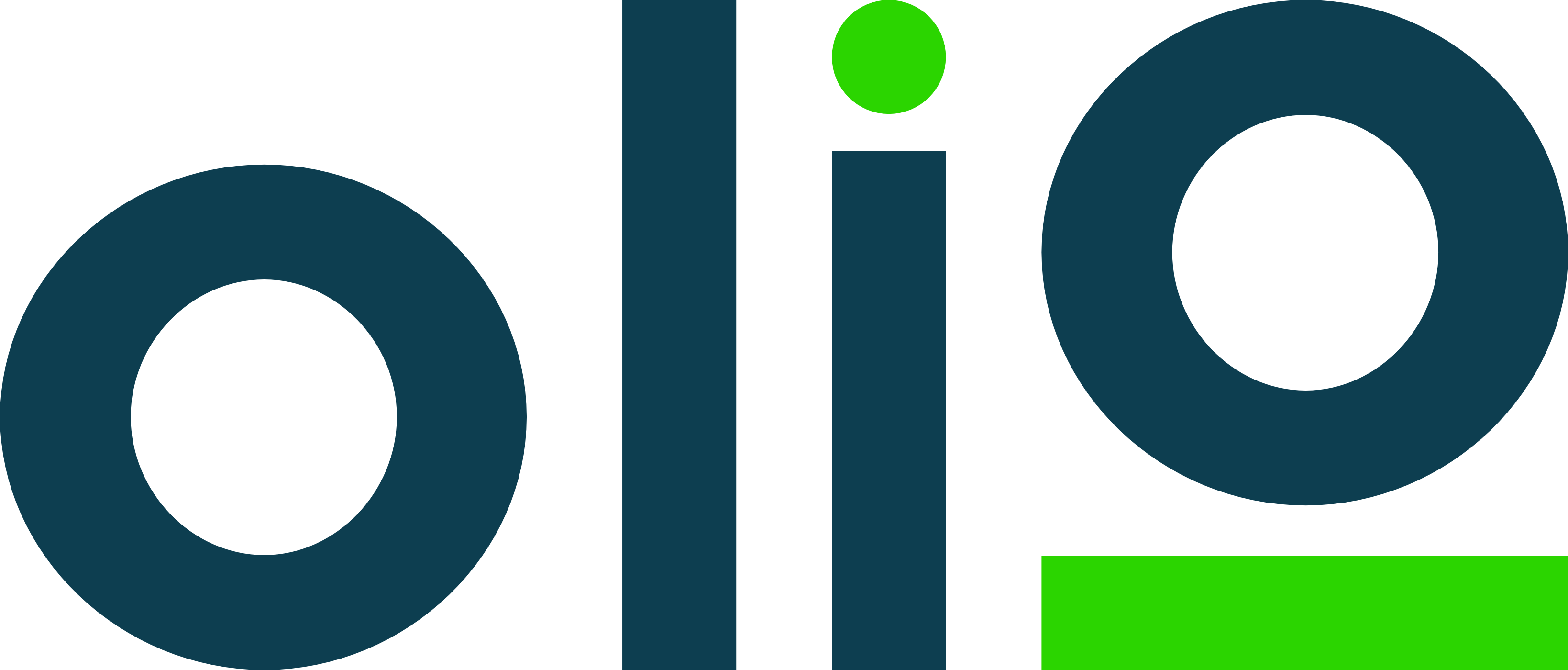
Personal branding is the process of crafting a unique identity and image for yourself in both personal and professional contexts. It is how you present yourself to the world, reflecting your skills, values, beliefs, and personality. A strong personal brand allows you to differentiate yourself from others and establish a reputation that highlights your strengths and expertise.
In the modern digital age, personal branding has become increasingly important. Whether you are an entrepreneur, a freelancer, a job seeker, or even someone in a corporate role, building a personal brand can enhance your visibility, create new opportunities, and help shape the way others perceive you.
Key Components of Personal Branding
1. Authenticity
A personal brand should reflect who you truly are. Authenticity is the foundation of trust, and people are more likely to connect with and support individuals who appear genuine. Aligning your brand with your true values, beliefs, and interests ensures consistency and long-term success.
2. Expertise
Your personal brand should emphasize your areas of expertise. This might involve showcasing your knowledge in a particular field or industry, as well as demonstrating the unique value you bring to the table. This establishes you as a thought leader or go-to expert in your domain.
3. Visibility
Being visible and actively engaging with your audience is essential. Personal branding isn't just about what you say but where and how you say it. From social media platforms like LinkedIn and Twitter to speaking at events or blogging, you need to build an online presence that consistently reinforces your brand.
4. Consistency
Successful personal branding involves consistency in messaging, tone, and visuals. Whether it's on your website, social media, or in-person interactions, the message should be the same across all platforms. This consistency helps build recognition and reliability.
5. Storytelling
One of the most powerful tools for building a personal brand is storytelling. People relate to stories, and by sharing your personal journey, experiences, successes, and even failures, you can create a deeper connection with your audience. A compelling story allows you to build emotional bonds that differentiate your brand.
Why Personal Branding Matters
1. Career Advancement
A strong personal brand can open doors to new career opportunities. It can make you stand out in a crowded job market, attract employers, and establish you as an expert in your field.
2. Networking
Personal branding helps you build and maintain professional relationships. When your brand communicates who you are and what you stand for, it becomes easier to attract like-minded individuals and organizations who align with your values.
3. Increased Credibility
Consistent personal branding builds trust and credibility. As you build your reputation as a reliable and knowledgeable individual, more people will turn to you for advice, services, or products, strengthening your authority in your field.
4. Influence and Thought Leadership
A well-crafted personal brand can lead to recognition as a thought leader. As you provide value and insight to your audience, your influence grows, allowing you to impact decision-making, drive change, and shape conversations in your industry.
5. Control of Your Narrative
In a world where information about individuals is readily available online, personal branding allows you to control your narrative. Instead of allowing others to form their own impressions, personal branding enables you to define how you are seen and remembered.
How to Build a Personal Brand
1. Define Your Purpose and Goals
Start by identifying what you want to achieve with your personal brand. Are you looking to land a job, grow a business, or simply increase your visibility in a specific niche? Clarifying your purpose will guide your branding efforts.
2. Identify Your Unique Value Proposition (UVP)
Understand what makes you different from others in your field. What unique skills, experiences, or perspectives can you offer? Your UVP is the foundation of your personal brand.
3. Build an Online Presence
Create profiles on key social media platforms, launch a personal website, or start a blog. Regularly share content that reflects your expertise and values, whether it's in the form of articles, videos, podcasts, or posts.
4. Network and Collaborate
Building relationships is key to personal branding. Attend networking events, connect with peers, and seek out opportunities for collaboration. This not only expands your network but reinforces your credibility.
5. Refine and Evolve
Personal branding is not static. As your career grows and the market shifts, you may need to adapt your brand. Stay updated on trends in your field, continue learning, and be open to refining your message to remain relevant.
Conclusion
Personal branding is an essential tool for creating opportunities and standing out in a competitive world. By strategically shaping the way you are perceived, you can build trust, expand your influence, and foster meaningful connections that benefit both your personal and professional life. Whether you are just starting out or looking to reinvent yourself, investing in a strong personal brand is a powerful way to take control of your narrative and future.
